Serbia "already decided" against joining EU
Serbia has already decided not to join the EU, and that brings with it "certain consequences for the economy", claims economist Vladimir Gligorov.
Wednesday, 17.10.2012.
20:10

BELGRADE Serbia has already decided not to join the EU, and that brings with it "certain consequences for the economy", claims economist Vladimir Gligorov. "This road can be chosen, but it all depends on you strategy. If the goal is to have investments in the industry sector then that can only be done by industrialized nations." Serbia "already decided" against joining EU "It's one thing to sign a gas contract with Russia, but if you wish to manufacture cars then you need someone who knows how to do that, and those are the countries from western Europe," Gligorov, who teaches at the Vienna-based Institute for Economic Studies, told B92 in Belgrade on Wednesday. Asked what Serbia stood to lose if it chose to no longer pursue its EU membership path, he replied by saying that "when the economic strategy is viewed, basic sources of growth are investments and exports": "Then you have to wonder where those investments are coming from and to which markets the exports are going. The EU is above all an economic union, if you think that investments are coming from there and wish to increase exports to that market, and Serbia exports the most there, then the issue of arranging the relations with the EU is fairly important. Agriculture, infrastructure and energy cannot develop a country permanently. You must have the industrial idea. That's a comparative advantage if you have no oil." Gligorov also believes that the authorities "would find it more simple" to say they do not wish to join the EU. "It's more popular when you're a patriot. We were there twenty years ago as well. It was that way before. That is populism that is regenerating itself. I think that, like in the early 1990s, a decision has been made not to go to the European Union, and that is not because of Kosovo, but (because) it's more simple for those in power. People have no idea how many conditions are of purely institutional and other nature. When we look at that, then I understand why excuses are being used," this economist said. He also warned that the economic situation in the Balkans was "fairly bad" and that "a lot of time was being wasted once again": "We will have lost four or five coming years when it comes to economic growth if this road is pursued, and this policy of putting out fires instead of implementing structural reforms is implemented. When it comes to the fiscal thing, there great changes must be opted for. Above all, burdens on the economy must be decreased and spending increased, especially toward the public sector employees." Gligorov accused the Serbian government of "not having ideas" for carrying out serious structural reforms, and said its Fiscal Strategy was conservative, because it aims to decrease the current public debt level of over 65 percent to 45 percent in ten years' time: "What's most important is how to spur economic growth, and I see no reforms on that issue. The most important shortcoming is that public income is a burden to the economy, because taxes makeup over 43 percent of GDP, and that is high for an economy of this level of development, and that determines everything else." He stated that new ideas and a more ambitious plan for growth were expected from the new government, but that instead they merely inherited "the manner of the functioning of problems": "And this can be different, the problems that exist in the economy are known, as well as what should be done. This Fiscal Strategy even predicts lower employment figures or minimal growth in the next three years. In other words, these authorities have no idea how to create jobs. On the other hand you can have the intention to increase investments but in order to really have them you must have a competitive economy. And we have the strengthening of the dinar, and the only competition-enhancing measure is the relatively competitive exchange rate. However, there is the policy that the exchange rate should help the importers." Gligorov also commented on the Law on the National Bank of Serbia, which he said was "the wrong step". "You see that the (NBS) governor is replaced in order to give the job to someone else, and that is being done my amending the law," the economist noted. Vladimir Gligorov (B92) B92
Serbia "already decided" against joining EU
"It's one thing to sign a gas contract with Russia, but if you wish to manufacture cars then you need someone who knows how to do that, and those are the countries from western Europe," Gligorov, who teaches at the Vienna-based Institute for Economic Studies, told B92 in Belgrade on Wednesday.Asked what Serbia stood to lose if it chose to no longer pursue its EU membership path, he replied by saying that "when the economic strategy is viewed, basic sources of growth are investments and exports":
"Then you have to wonder where those investments are coming from and to which markets the exports are going. The EU is above all an economic union, if you think that investments are coming from there and wish to increase exports to that market, and Serbia exports the most there, then the issue of arranging the relations with the EU is fairly important. Agriculture, infrastructure and energy cannot develop a country permanently. You must have the industrial idea. That's a comparative advantage if you have no oil."
Gligorov also believes that the authorities "would find it more simple" to say they do not wish to join the EU.
"It's more popular when you're a patriot. We were there twenty years ago as well. It was that way before. That is populism that is regenerating itself. I think that, like in the early 1990s, a decision has been made not to go to the European Union, and that is not because of Kosovo, but (because) it's more simple for those in power. People have no idea how many conditions are of purely institutional and other nature. When we look at that, then I understand why excuses are being used," this economist said.
He also warned that the economic situation in the Balkans was "fairly bad" and that "a lot of time was being wasted once again":
"We will have lost four or five coming years when it comes to economic growth if this road is pursued, and this policy of putting out fires instead of implementing structural reforms is implemented. When it comes to the fiscal thing, there great changes must be opted for. Above all, burdens on the economy must be decreased and spending increased, especially toward the public sector employees."
Gligorov accused the Serbian government of "not having ideas" for carrying out serious structural reforms, and said its Fiscal Strategy was conservative, because it aims to decrease the current public debt level of over 65 percent to 45 percent in ten years' time:
"What's most important is how to spur economic growth, and I see no reforms on that issue. The most important shortcoming is that public income is a burden to the economy, because taxes makeup over 43 percent of GDP, and that is high for an economy of this level of development, and that determines everything else."
He stated that new ideas and a more ambitious plan for growth were expected from the new government, but that instead they merely inherited "the manner of the functioning of problems":
"And this can be different, the problems that exist in the economy are known, as well as what should be done. This Fiscal Strategy even predicts lower employment figures or minimal growth in the next three years. In other words, these authorities have no idea how to create jobs. On the other hand you can have the intention to increase investments but in order to really have them you must have a competitive economy. And we have the strengthening of the dinar, and the only competition-enhancing measure is the relatively competitive exchange rate. However, there is the policy that the exchange rate should help the importers."
Gligorov also commented on the Law on the National Bank of Serbia, which he said was "the wrong step".
"You see that the (NBS) governor is replaced in order to give the job to someone else, and that is being done my amending the law," the economist noted.













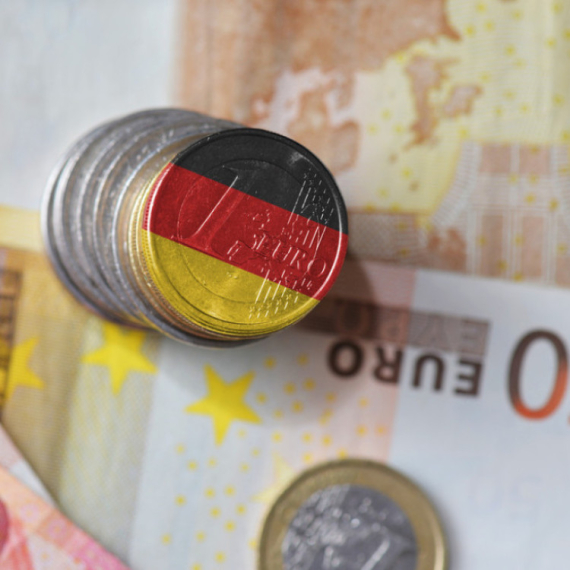
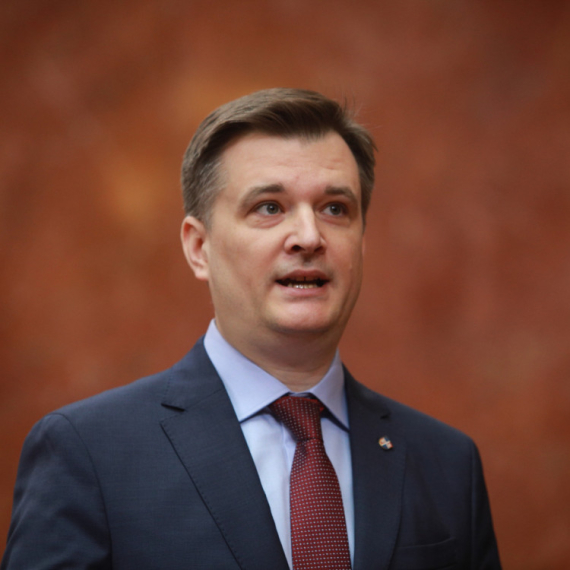



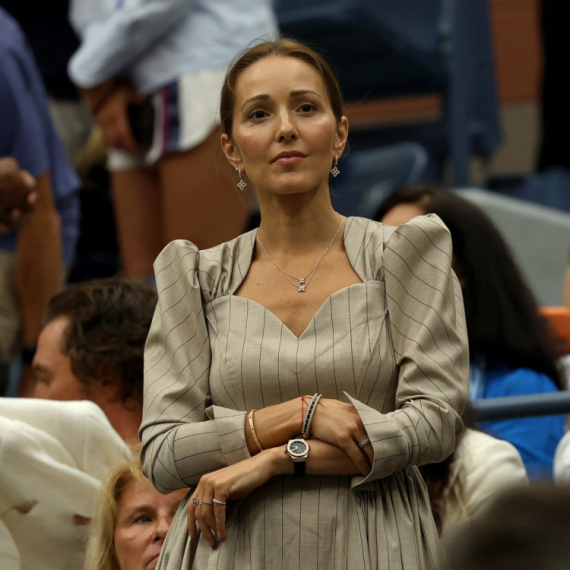






















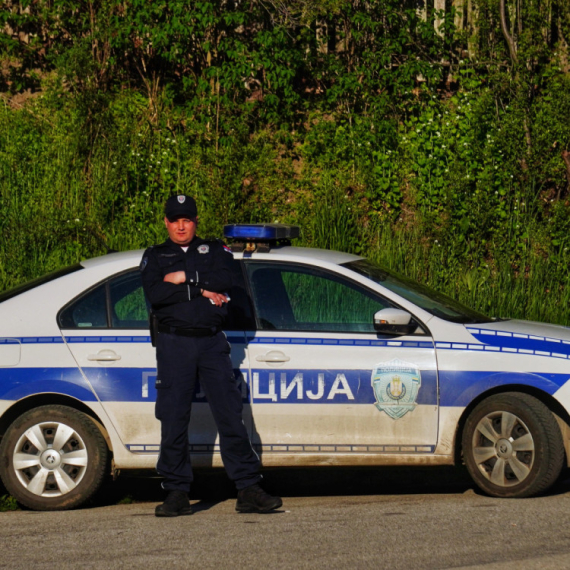

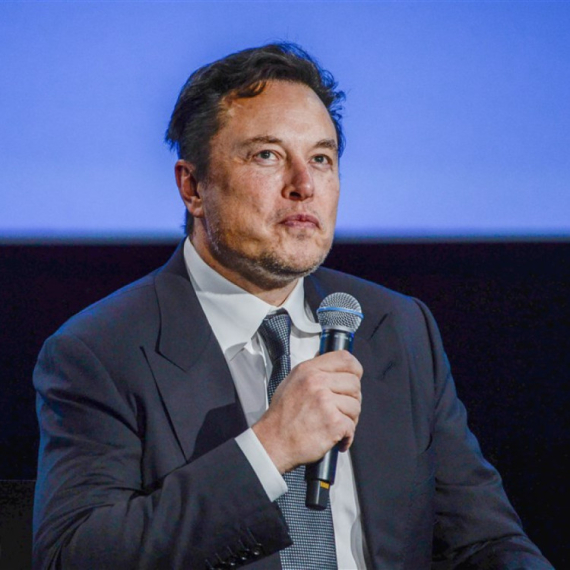














Komentari 14
Pogledaj komentare